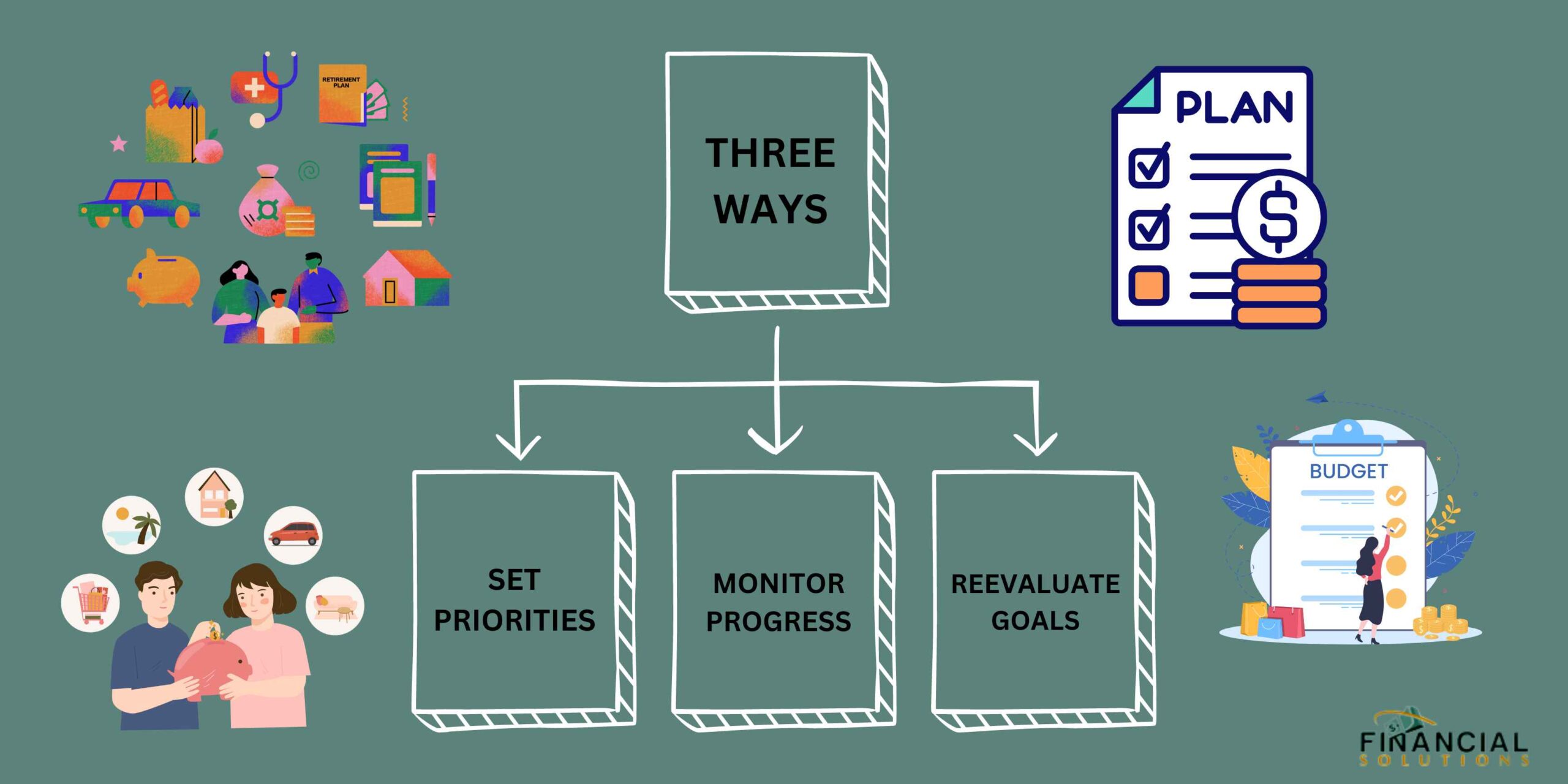
A significant portion of Americans reports feeling overworked and burnt out, according to data compiled by TechJury. Almost half of the respondents consider themselves workaholics, while 77% report experiencing career burnout. Additionally, nearly two-thirds of workers lack the work-life balance they need to thrive.
For many individuals struggling with work-life balance, it’s essential to recognize that balance isn’t merely about having more free time. Instead, it involves creating adequate space for all the crucial aspects of one’s life, such as work, relationships, personal interests, and passions. When these areas are in harmony, individuals are more likely to succeed in multiple facets of their lives when these areas are in harmony.
Achieving work-life balance requires a holistic approach to life planning, setting priorities, and developing appropriate boundaries. This may involve adjusting one’s work schedule, delegating responsibilities, or re-prioritizing personal time. It may also involve developing healthy habits like regular exercise, meditation, or time in nature.
Ultimately, the key to work-life balance is finding a way to integrate all aspects of one’s life in a sustainable and fulfilling way. By doing so, individuals can reduce stress, improve their mental and physical health, and increase their happiness and well-being.
Here are three ways to achieve that essential harmony in career and improve your Return on Life.
1. Set priorities.

Many people believe they have little control over their daily career schedule, but this is not always true. There are several simple changes you can make to your routine to free up time for activities that are important to you. Changing your sleep schedule, for example, can free up time for exercise, reading, or spending quality time with loved ones.
You can also set “non-negotiables” to prioritize your personal life against your career. This could imply scheduling time on your calendar for family gatherings or vacations at the start of the year. If you find it difficult to resist the temptation to check work emails, consider scheduling a time to stop working and turning off your devices to focus on other aspects of your life.
If your current employer is unwilling to accommodate your needs, keep in mind that there are many companies out there that value work-life balance and compete for top talent. Consider looking for a job that more closely matches your values and priorities. You might be able to find a company that will allow you to leave work early to coach your child’s soccer team or that will pay you more while promoting work-life balance.
2. Monitor progress.

It is critical to measure and track your progress to make progress toward personal and professional goals. This allows you to maintain focus and make necessary changes to your schedule and priorities. If you find yourself easily crossing off work tasks but struggling to keep up with your fitness routine, it’s time to rethink your schedule and prioritize your health goals.
Having people in your life who will hold you accountable can also be a good way to track your progress. A mentor or business coach who has achieved your desired success can offer invaluable advice and help you avoid common pitfalls. On the other hand, working with a financial advisor can help you stay on track toward short-term financial goals like home ownership while progressing toward long-term financial security in retirement.
Remember that what is measured is done. You can stay on track and achieve the harmony and fulfillment that comes from living a life aligned with your values and priorities by tracking your progress toward your goals and seeking guidance and support from others.
3. Re-evaluate goals.

As we progress through life, our goals and priorities shift. What we wanted to accomplish as a 20-something college graduate may not be the same as what we want to accomplish in our 30s, 40s, or 50s. And, as retirement age approaches, the prospect of a life without full-time employment will undoubtedly alter our perception of what it means to live the most fulfilling life.
As we begin a new year, it is important to reflect on our accomplishments as well as areas where we may have fallen short. Assessing our progress towards our objectives can help us determine whether we’re still working towards something meaningful or just going through the motions for a paycheck.
It is critical that we ask ourselves, “What am I aiming for? And why is this so?” Are our earlier professional goals still motivating us, or must we recalibrate and refocus our priorities? Perhaps it’s time to consider new goals that align with our current values and passions.
At any stage of life, it’s never too late to make changes that lead to a more fulfilling life. By taking stock of our achievements and assessing our aspirations, we can set ourselves on a path toward a life that maximizes our Return on Life.
Let’s have a meeting to discuss what work-life balance means to you and how we can improve it next year. We’ll work together to identify areas where you can make changes and find ways to incorporate Activities that bring you joy and fulfillment. Whether it’s spending more time with family and friends, pursuing a new hobby, or continuing your education, our process will help you create a plan that aligns with your values and priorities.
Don’t let the demands of your career and daily life keep you from living a fulfilling and balanced life. Contact us today to start your Life-Centered Planning journey.
At Financial Solutions Inc, we provide various services such as Bookkeeping, Tax planning & preparation, Financial planning, and investment management.
